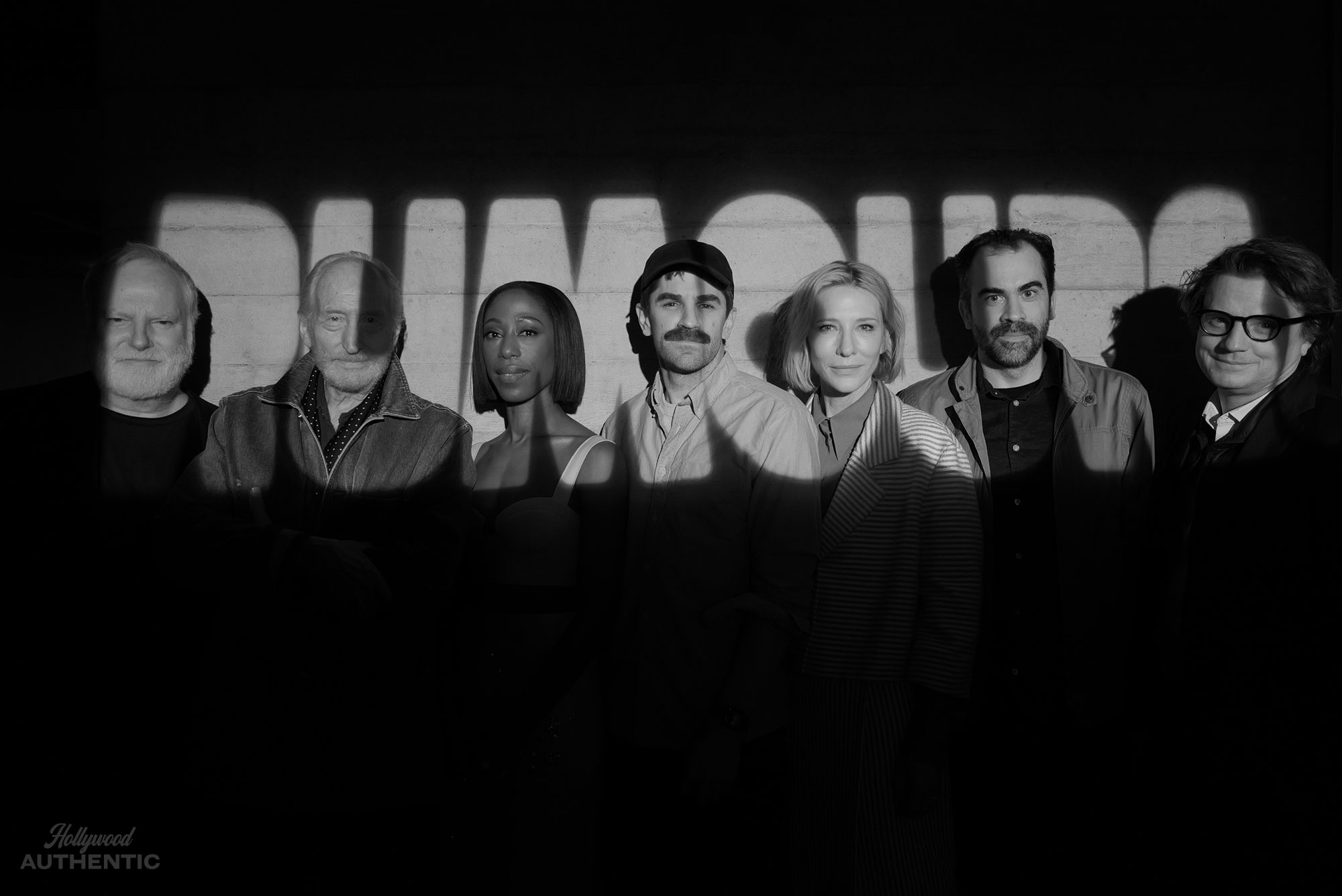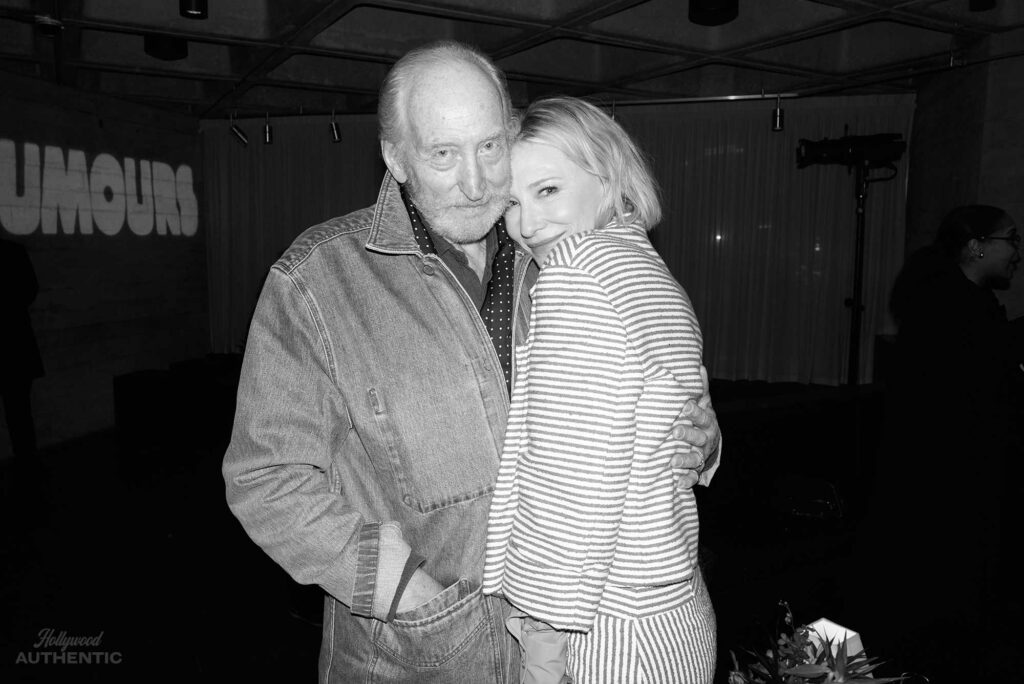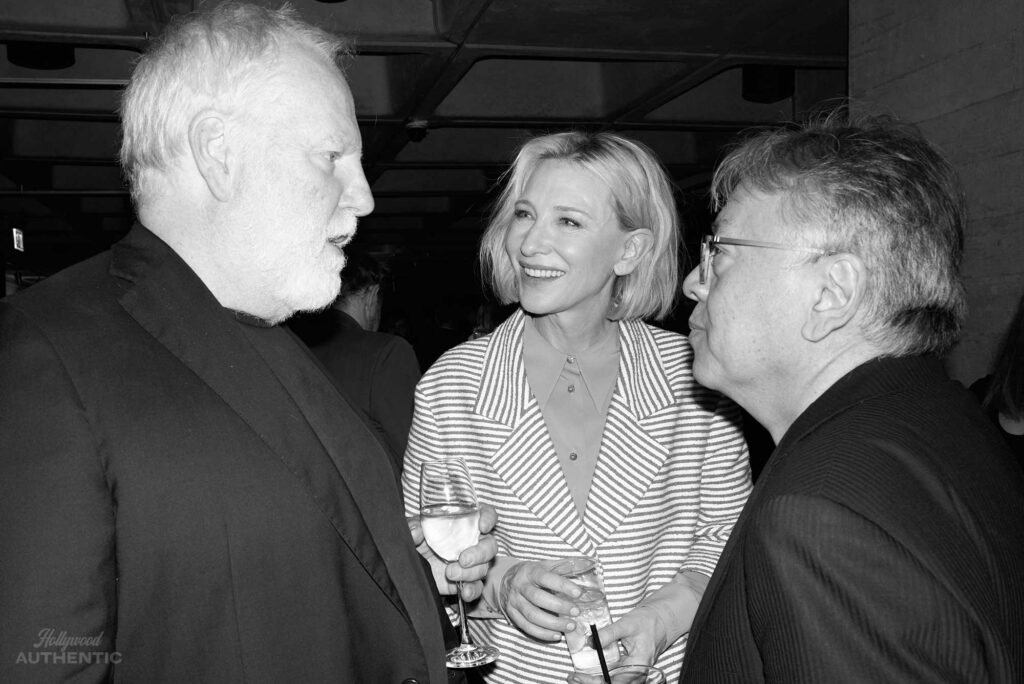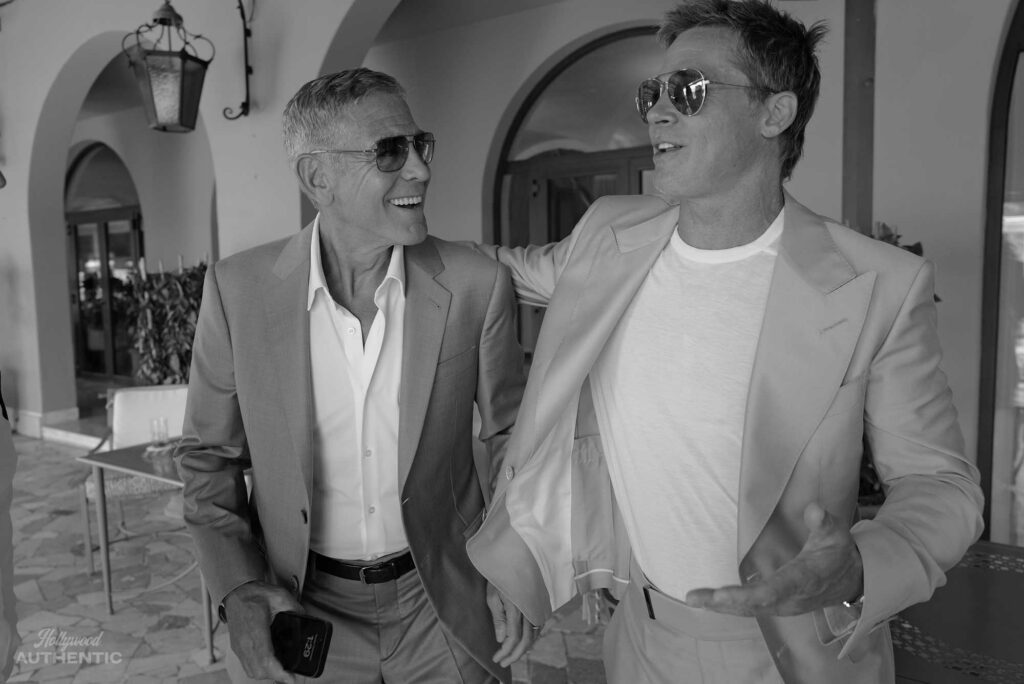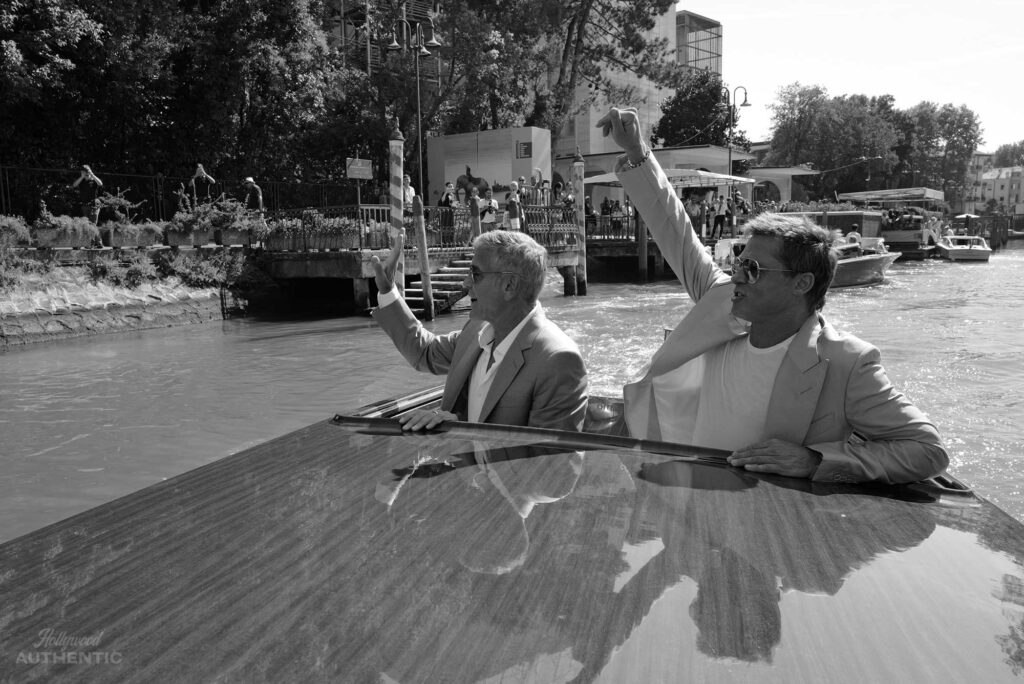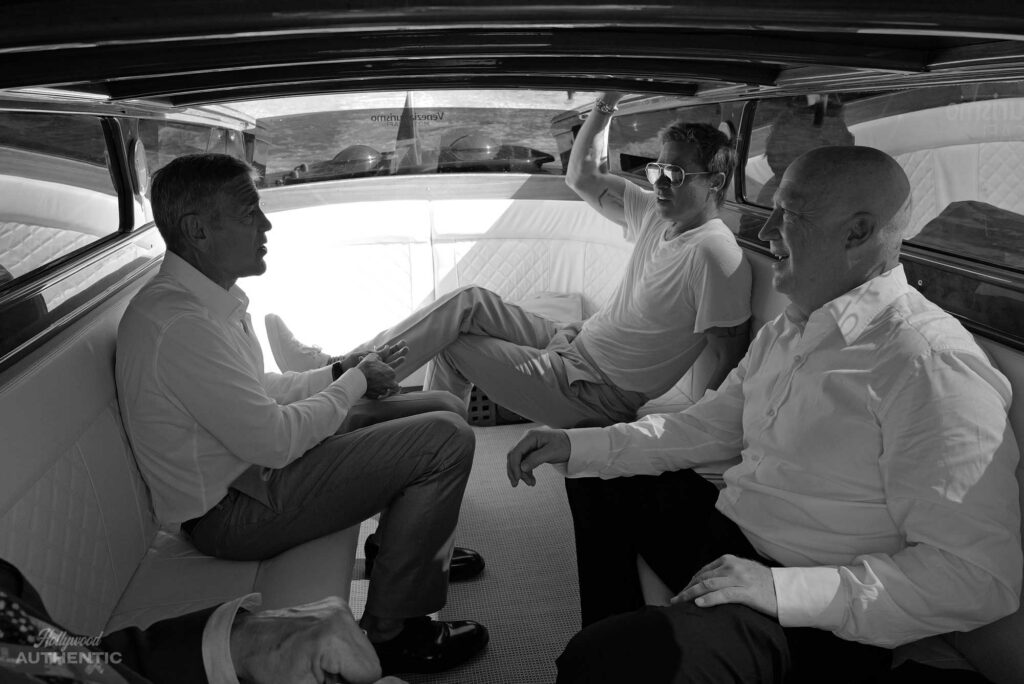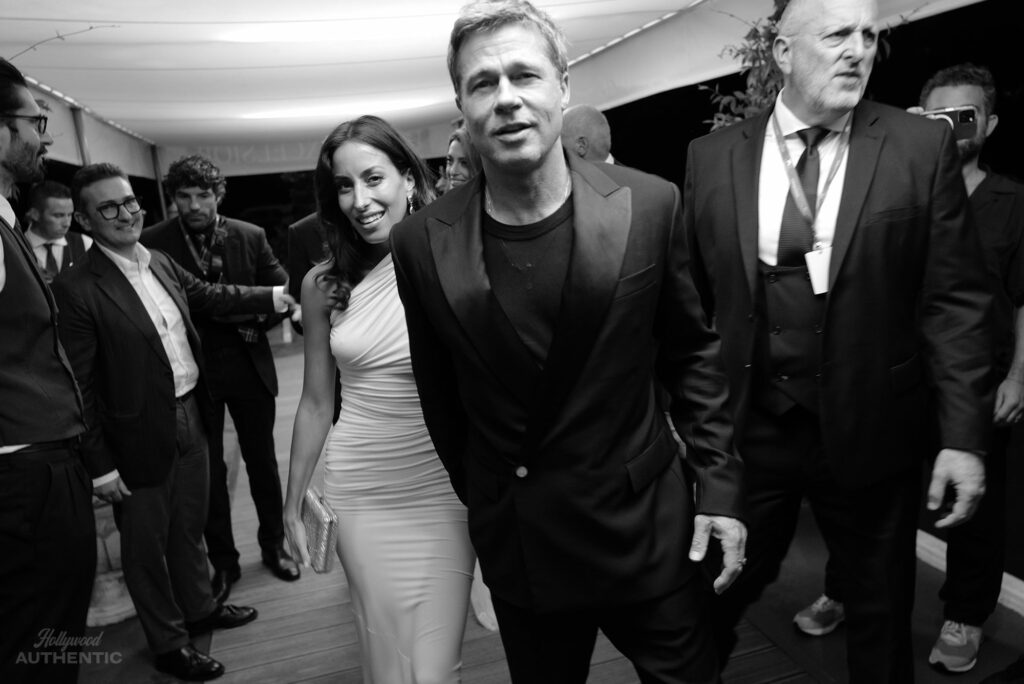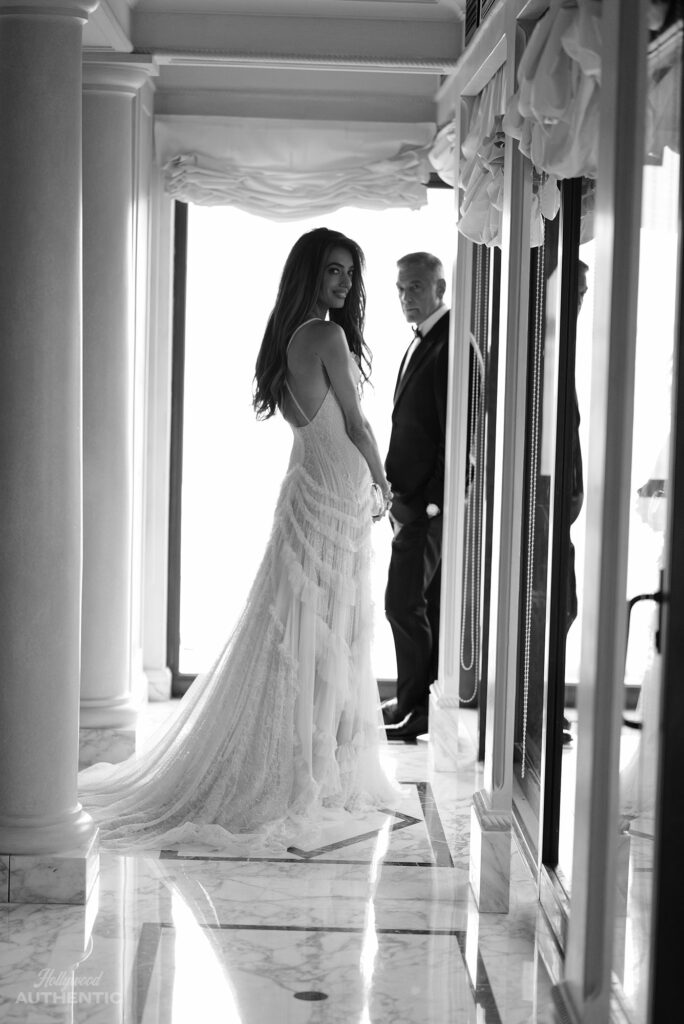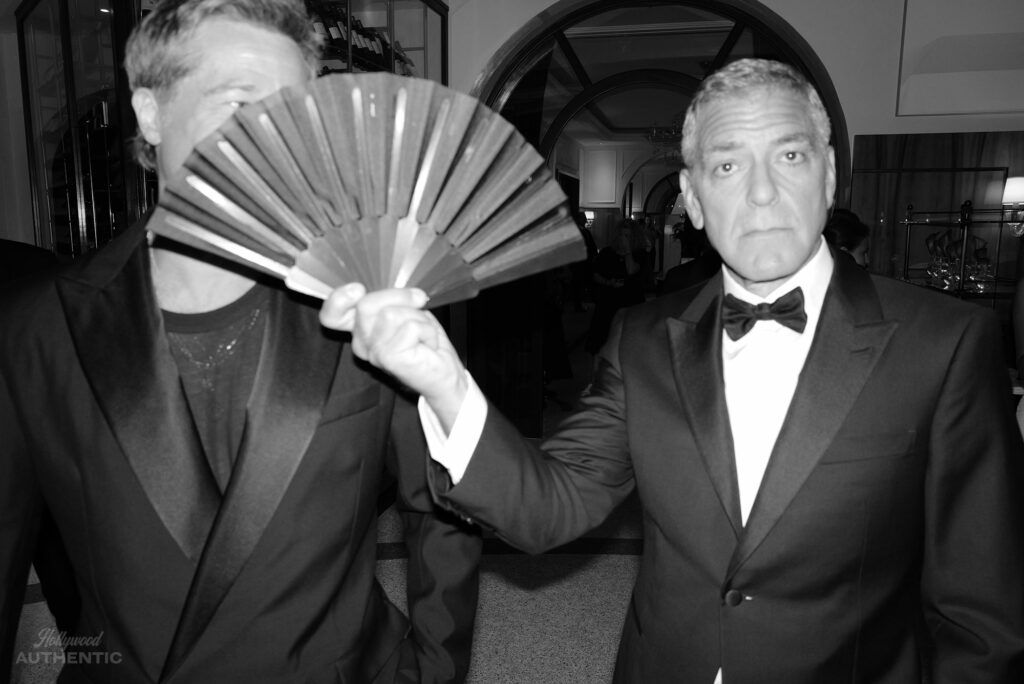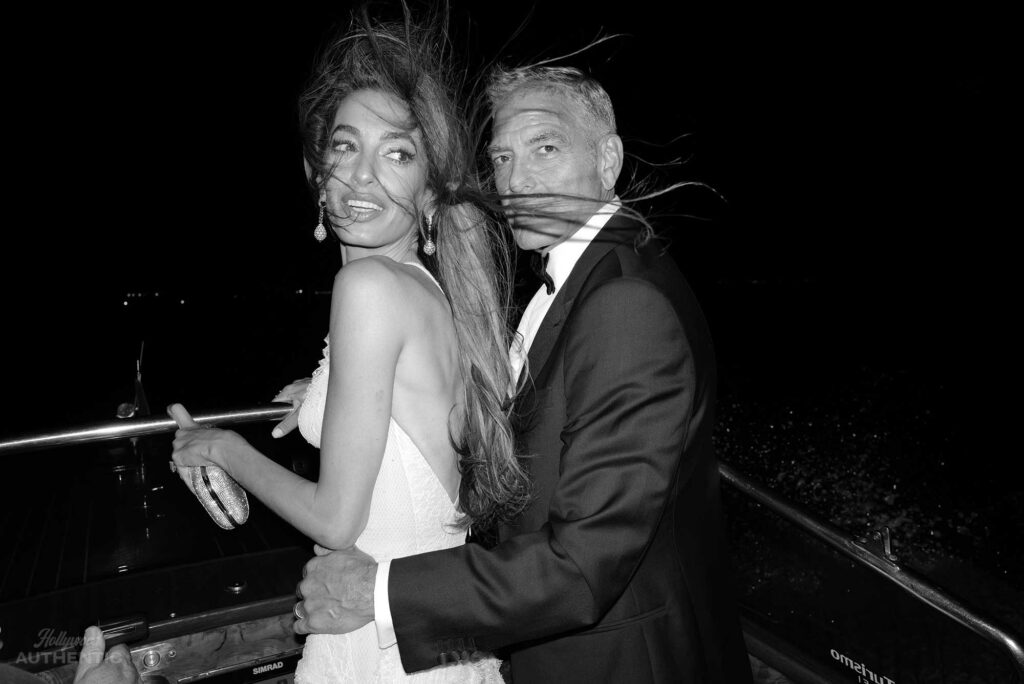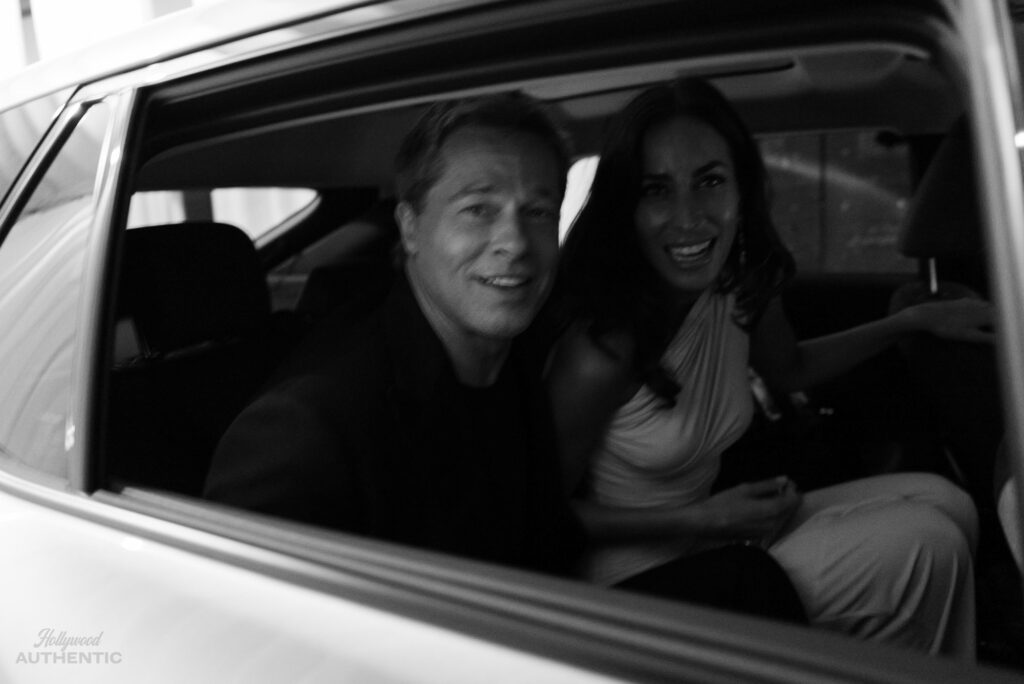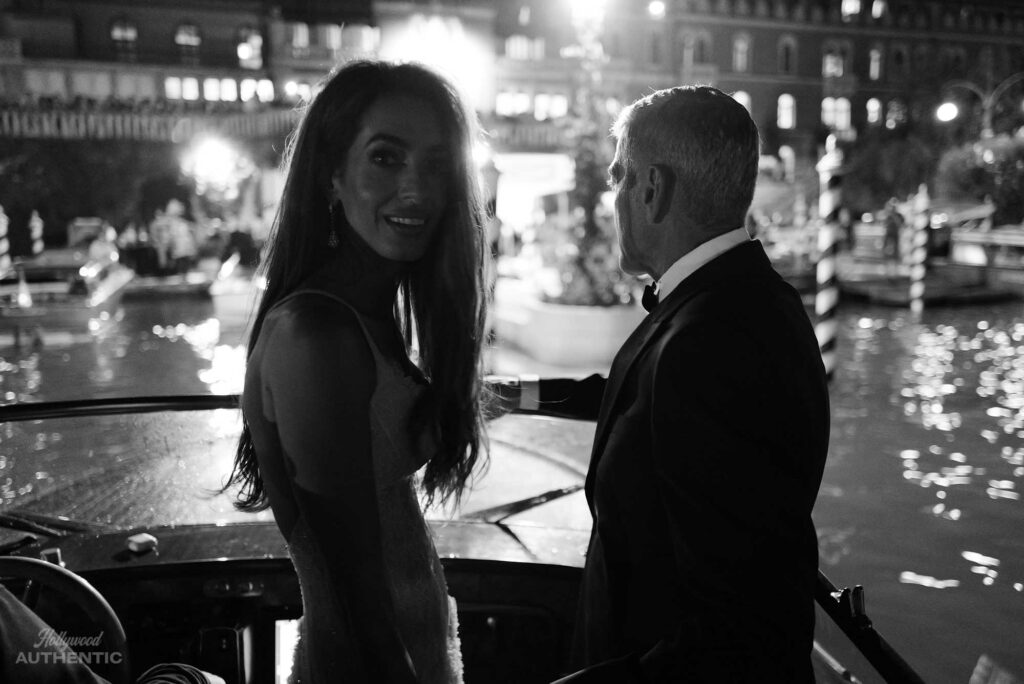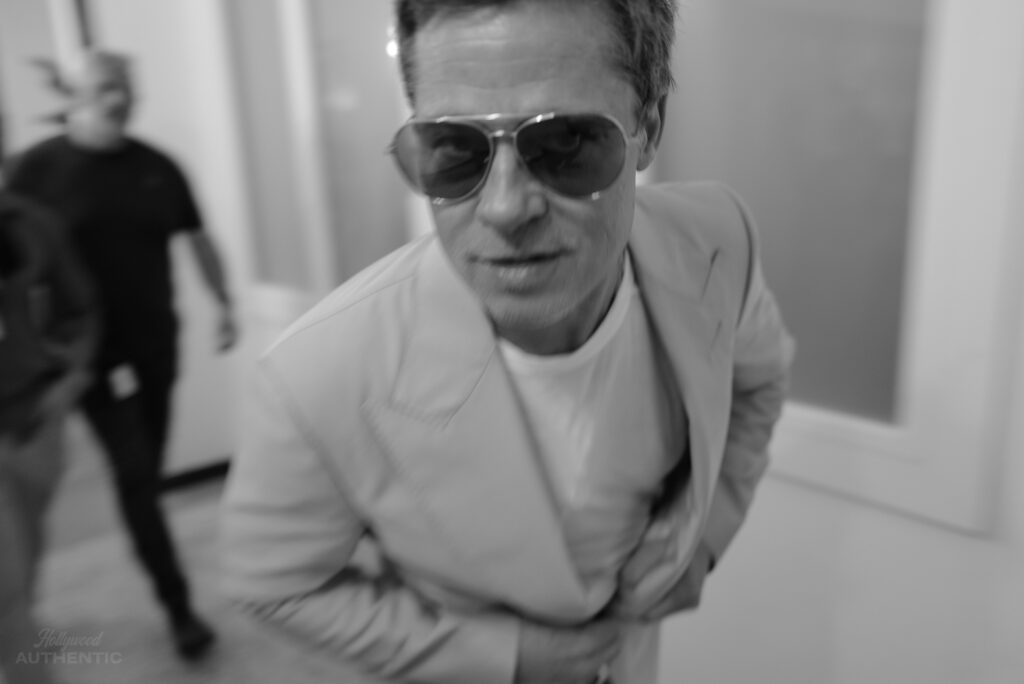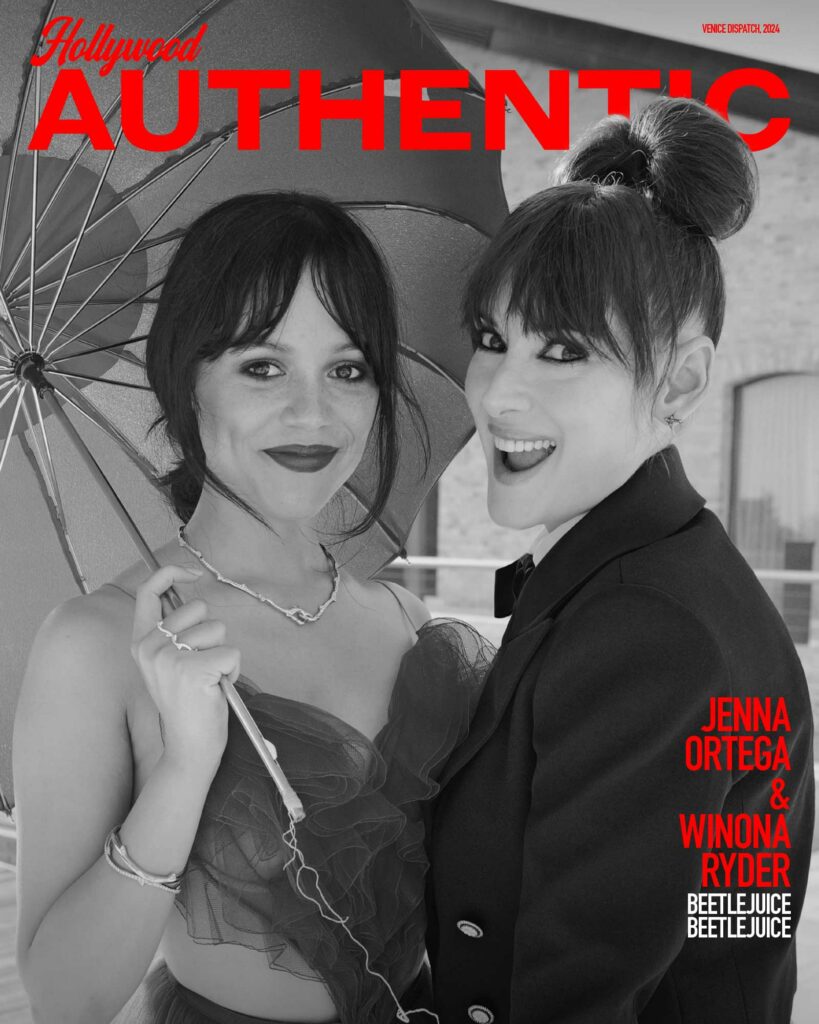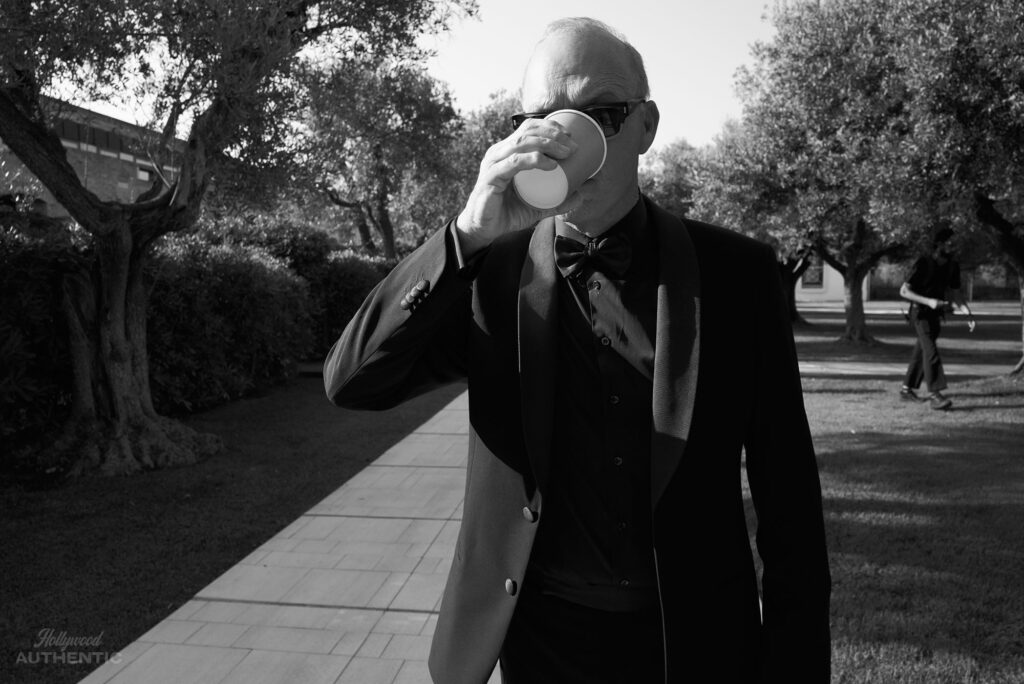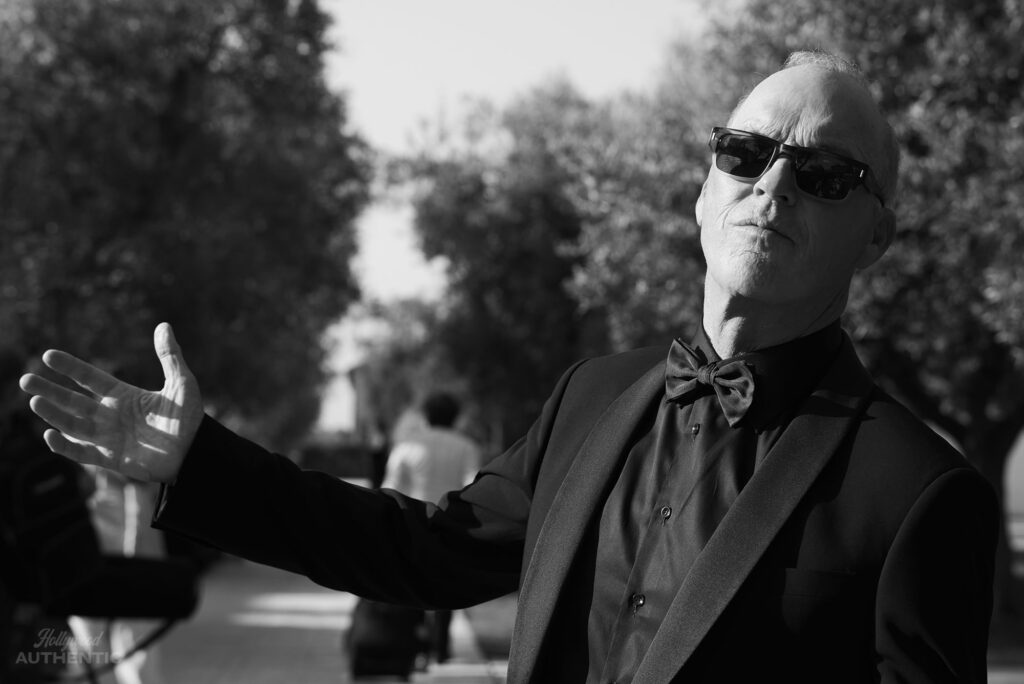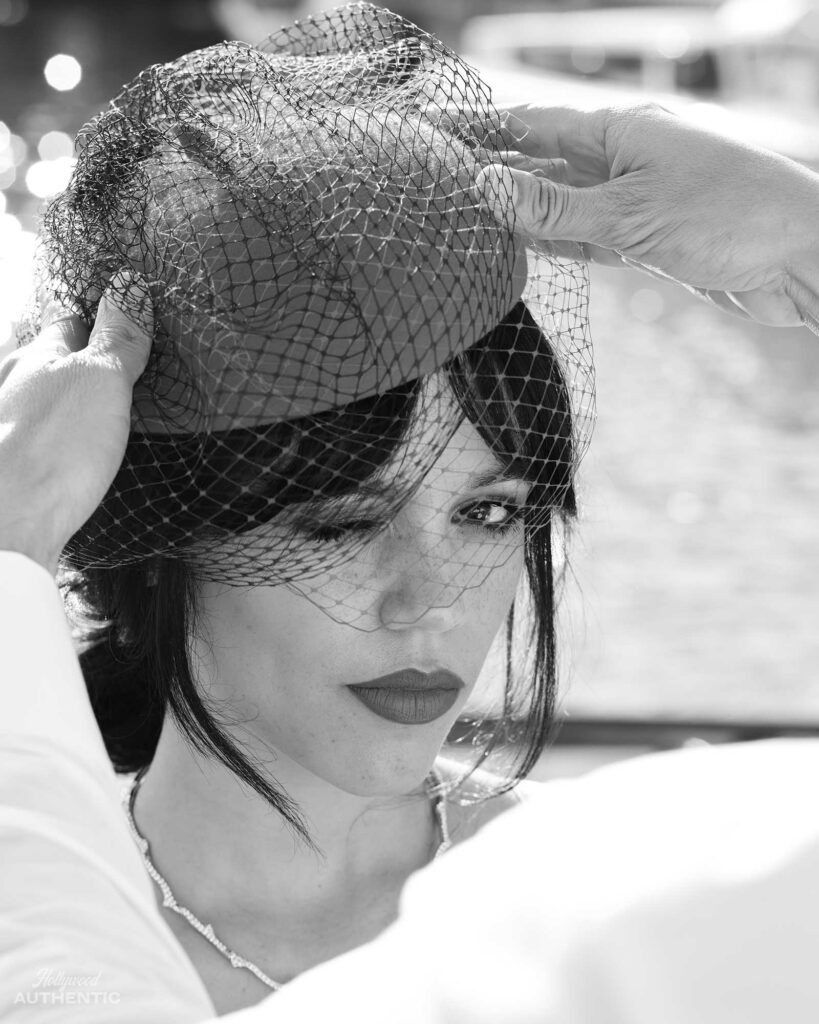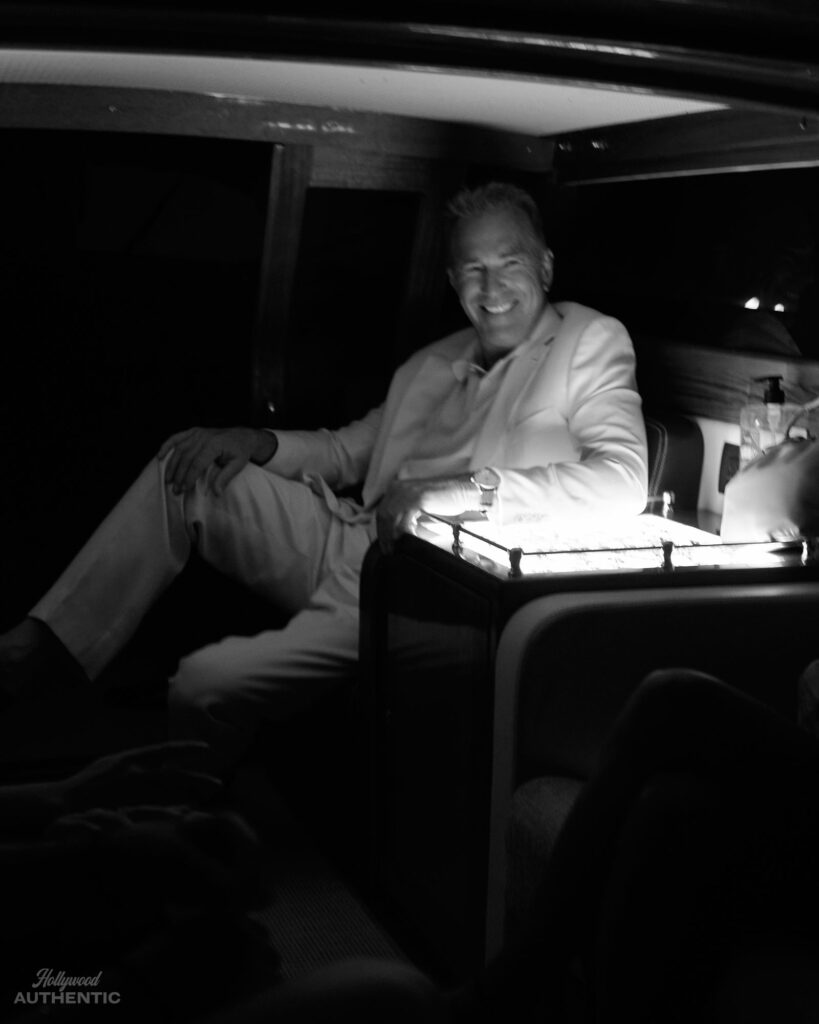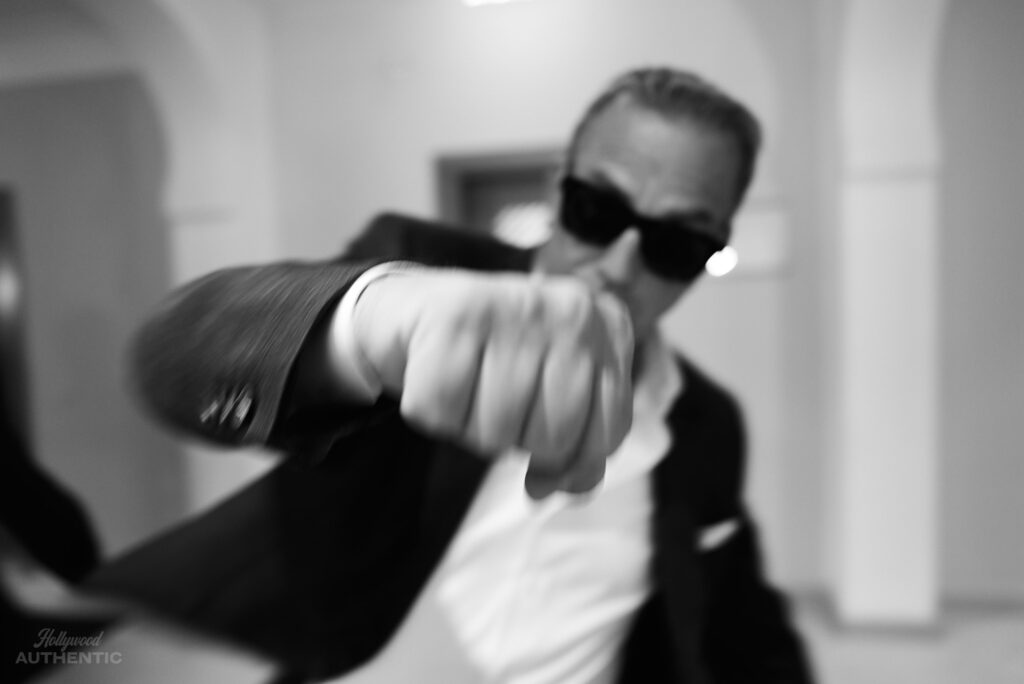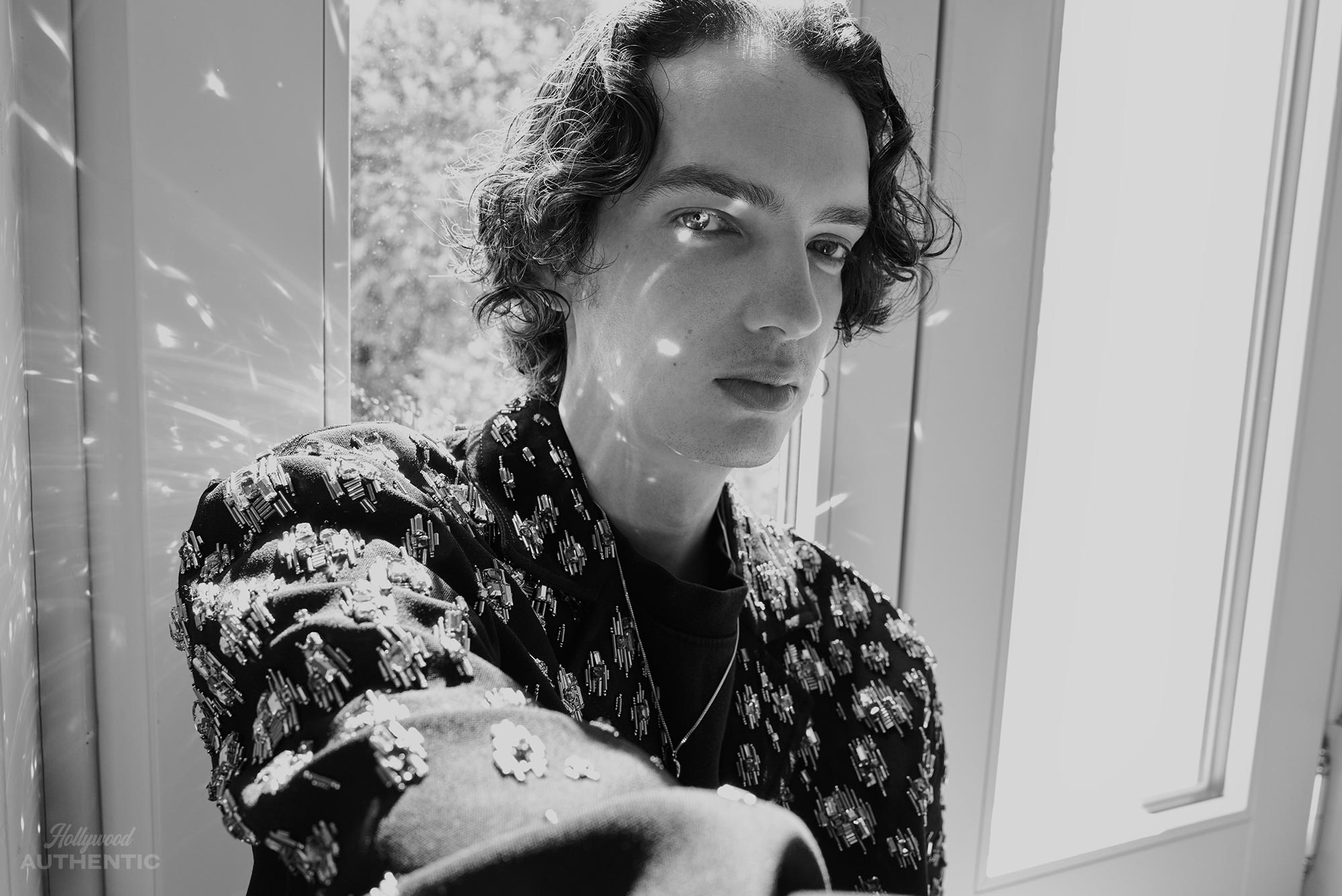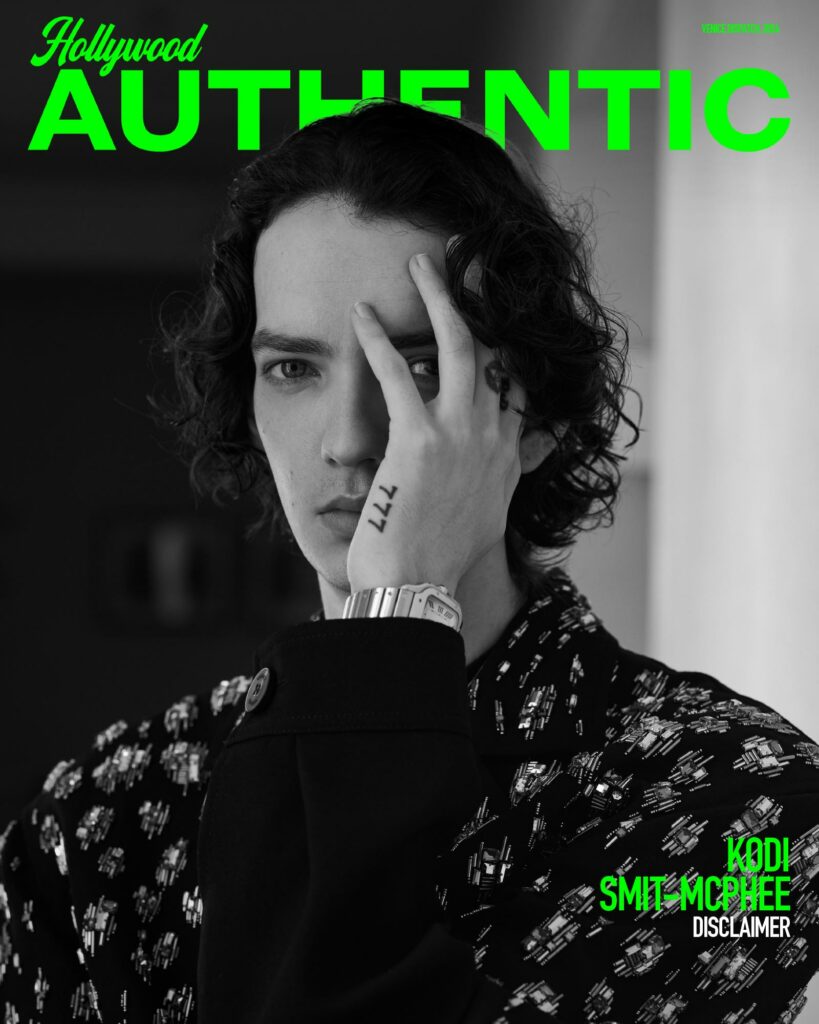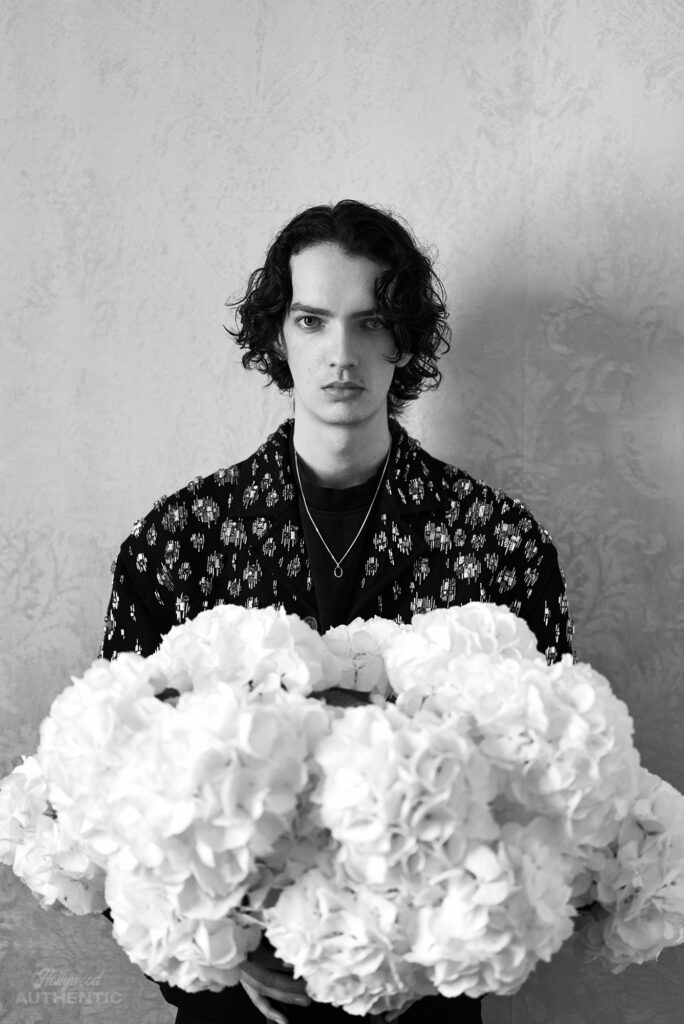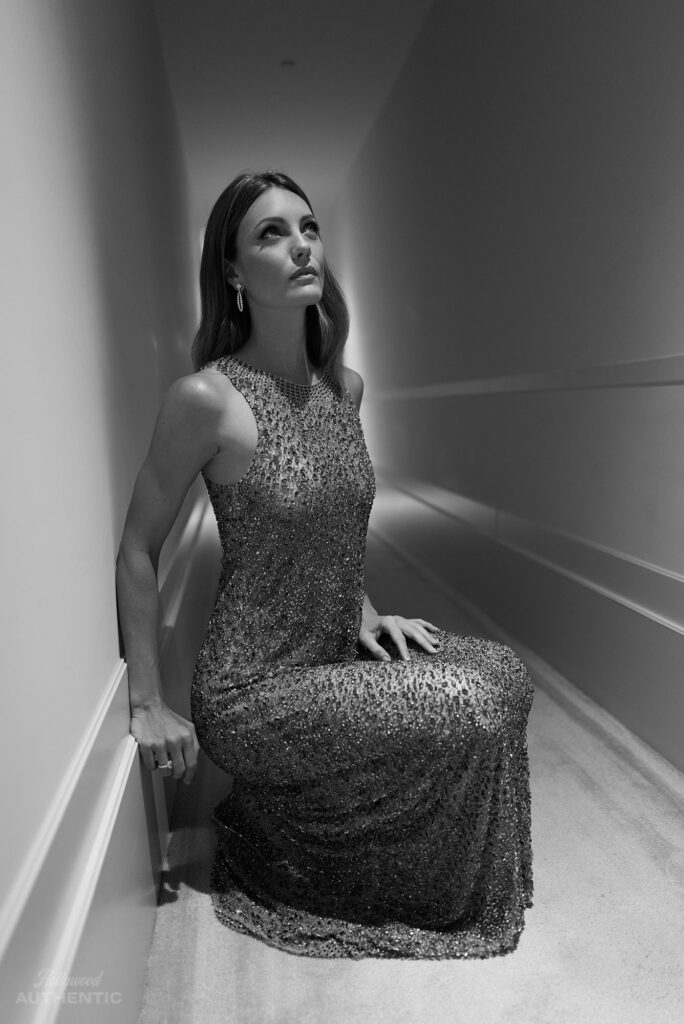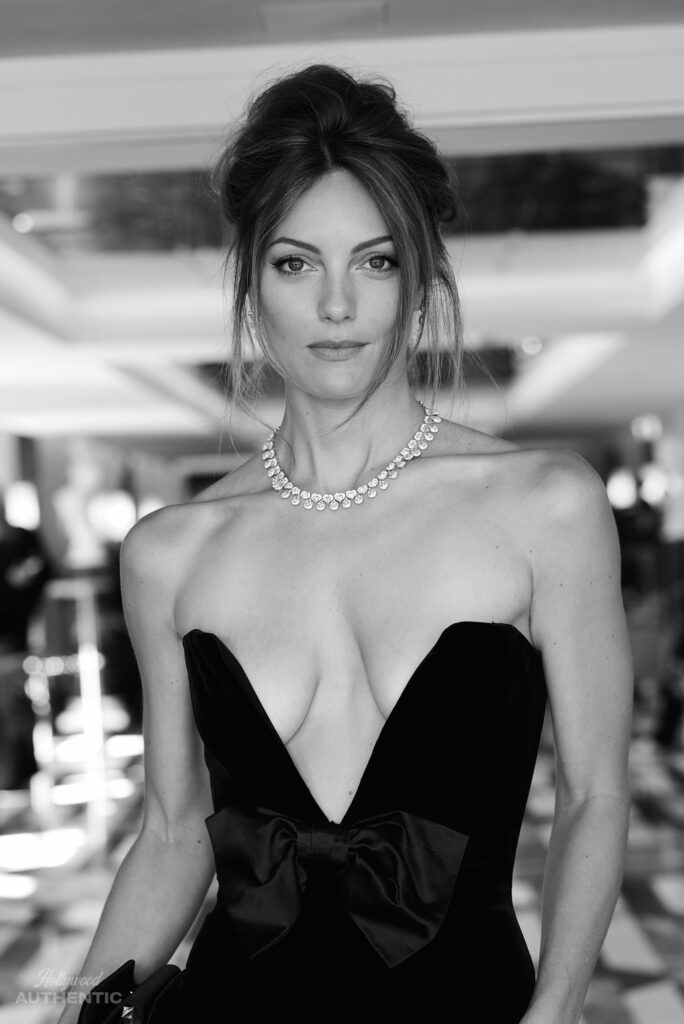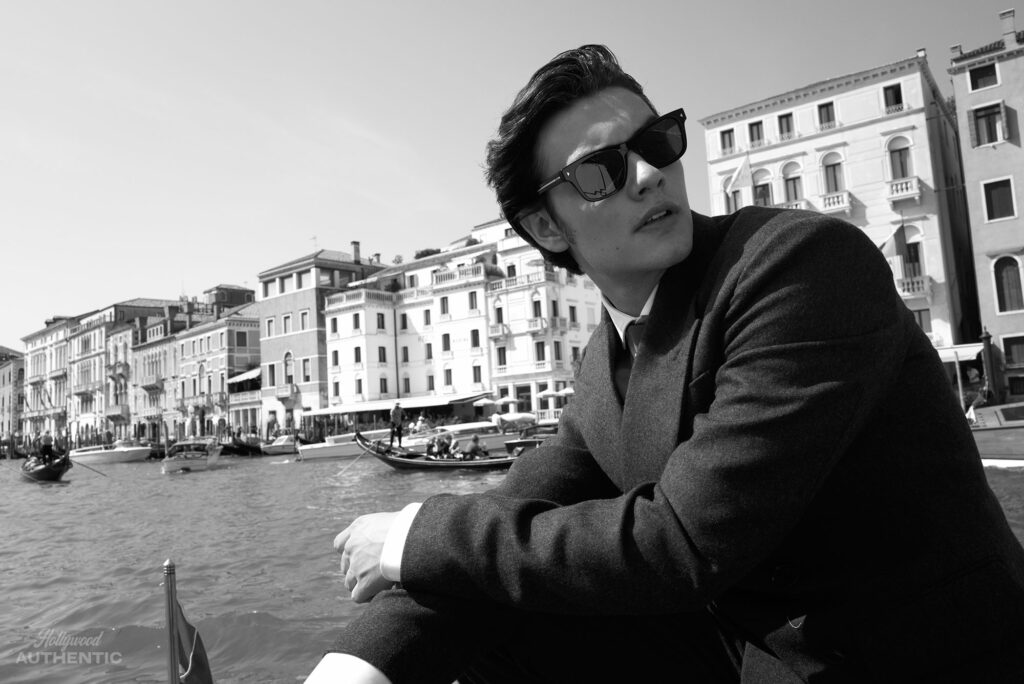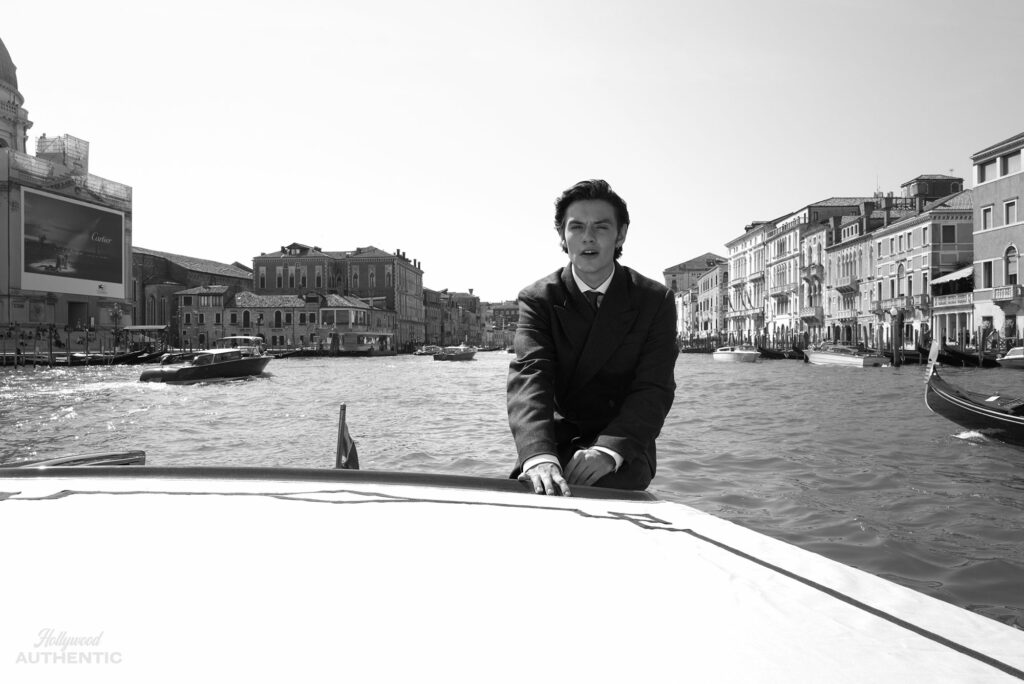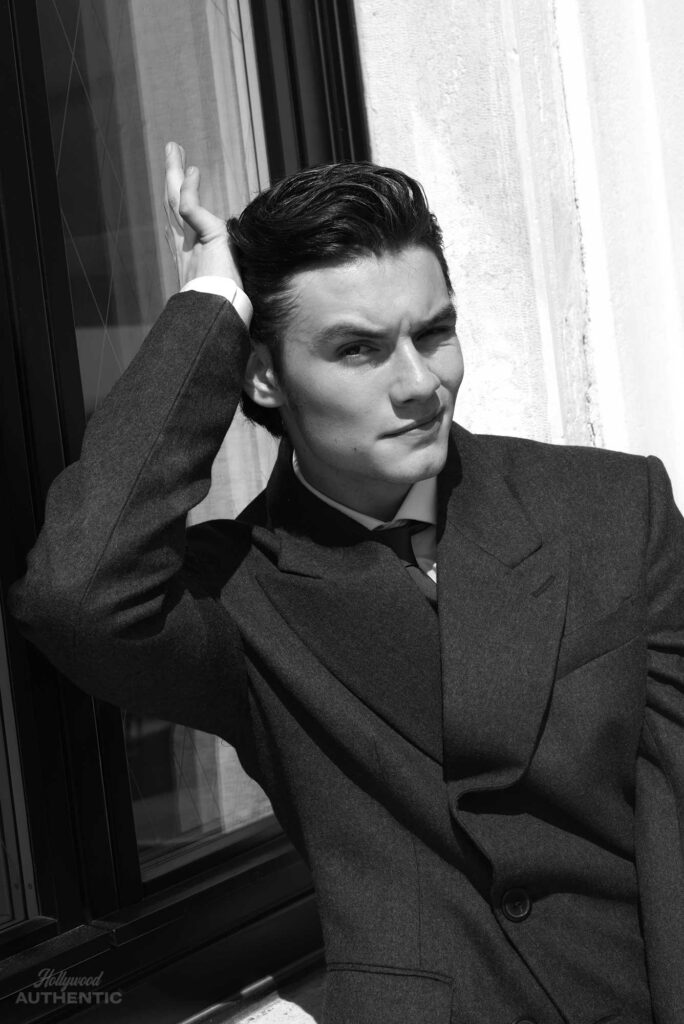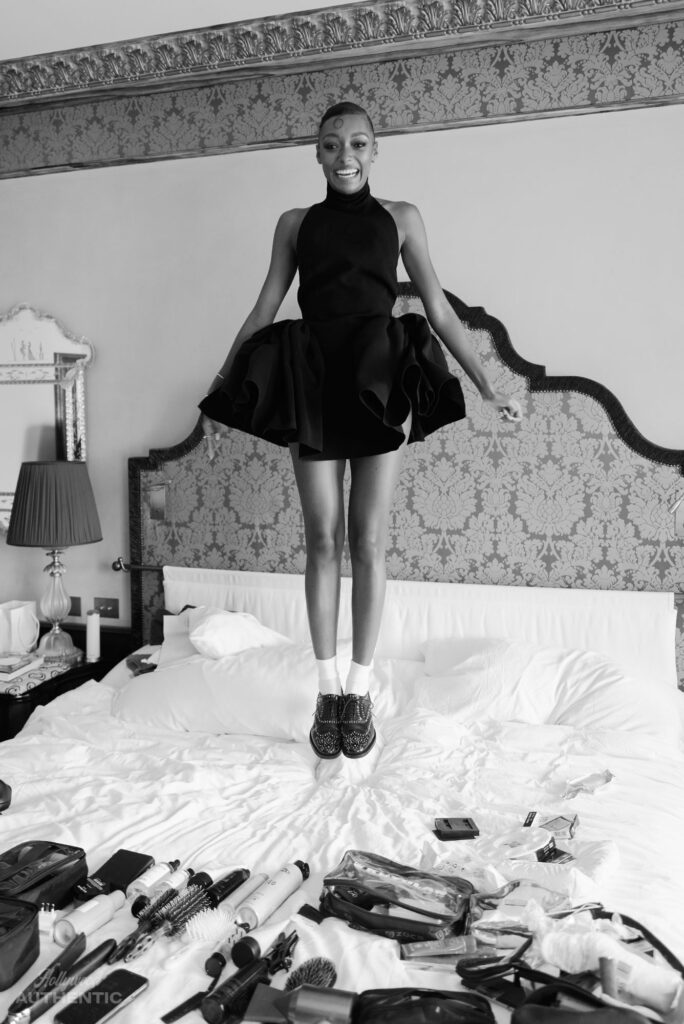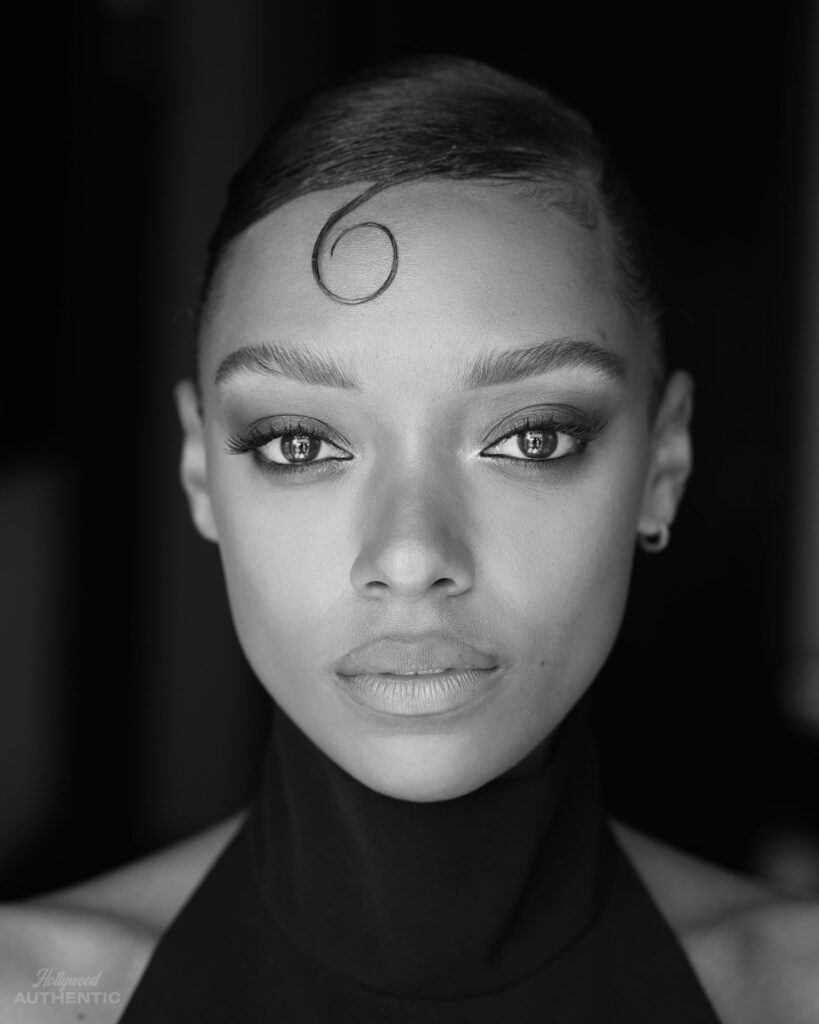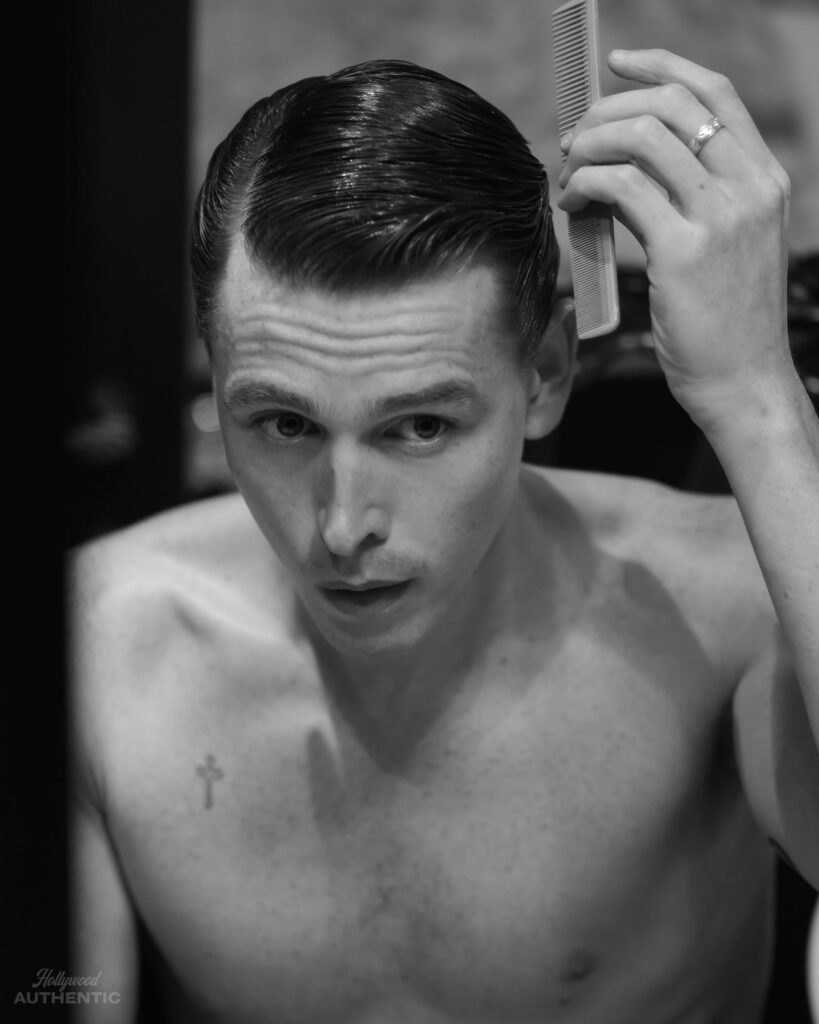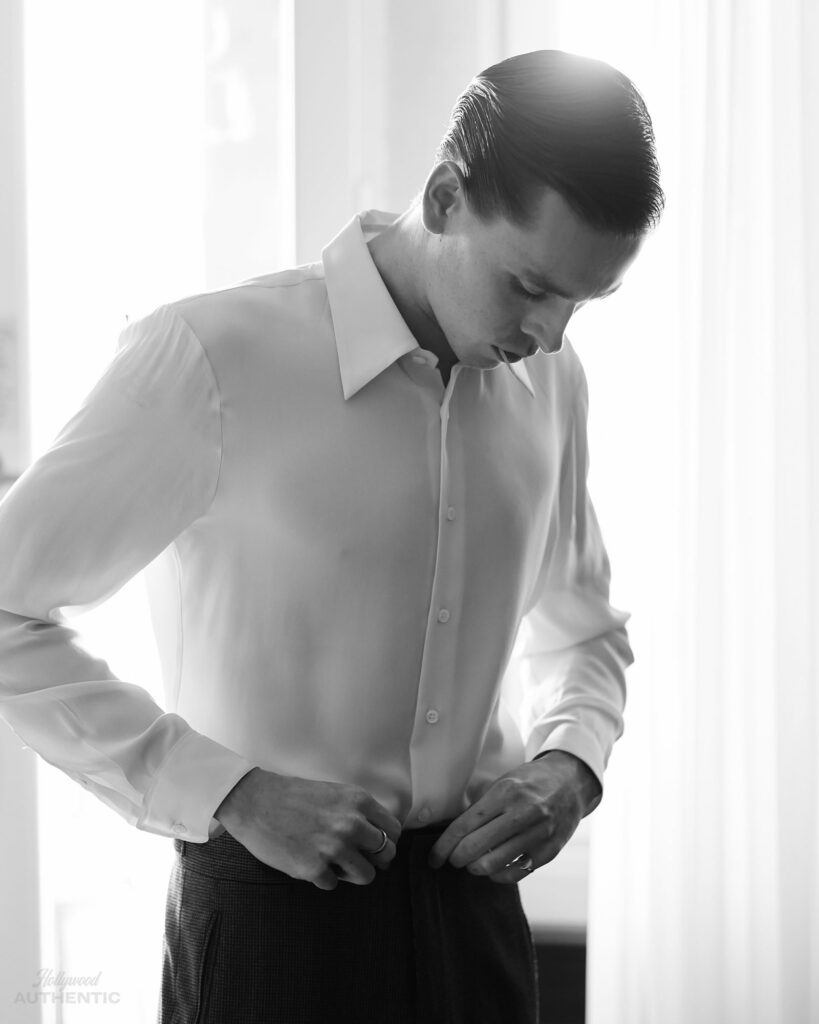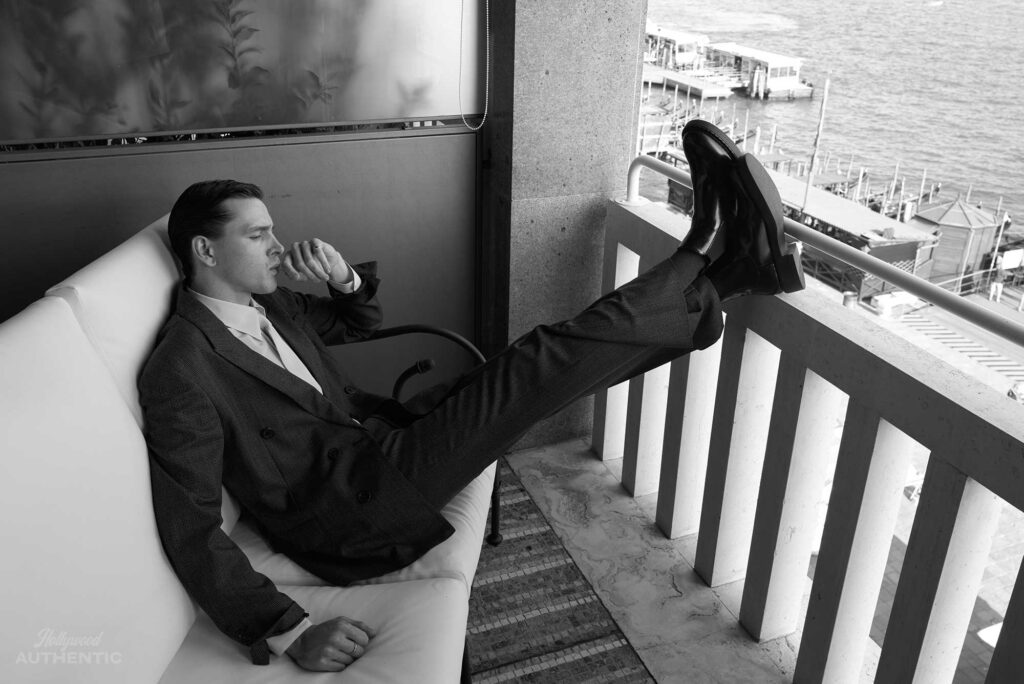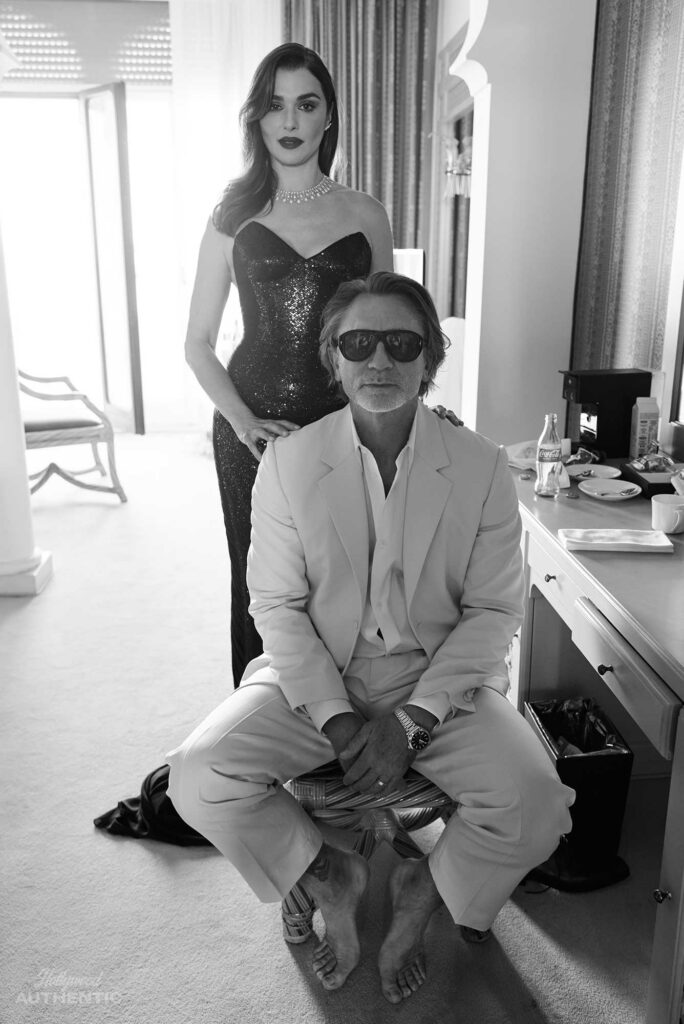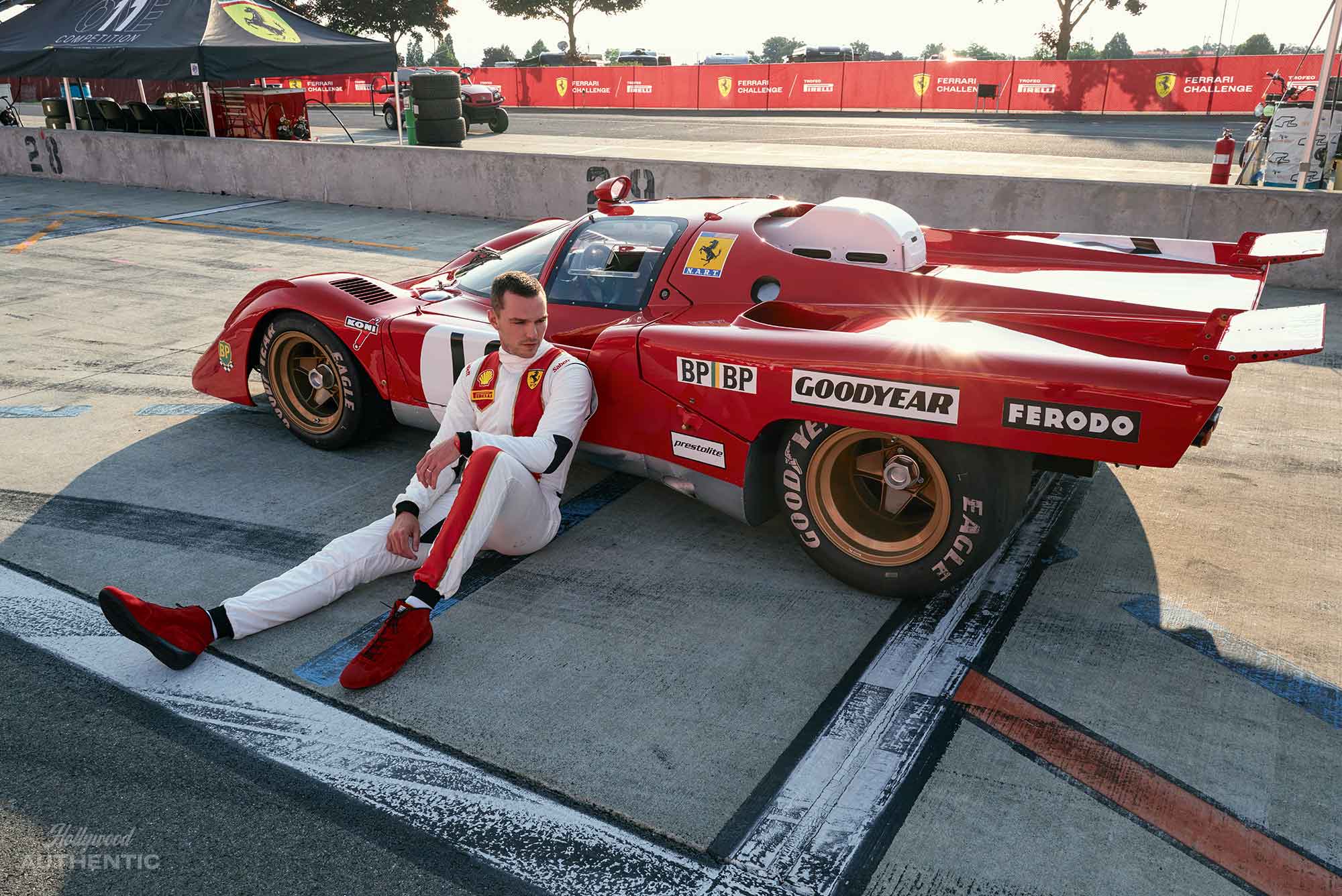Photographs and interview by GREG WILLIAMS
As told to JANE CROWTHER
Slave Play alumnus James Cusati-Moyer tells Hollywood Authentic about the art of ‘holding on tightly, letting go lightly’ and the seminal nature of a Rodgers & Hammerstein score.
When Hollywood Authentic meets one of the leads of hit controversial West End show, Slave Play, in his dressing room at the Noël Coward in the heart of theatreland, he’s near to tears thinking about the imminent end of the production’s run. It’s hardly surprising – the 35-year-old has had a long journey with the show. After playwright Jeremy O. Harris wrote the part of Dustin with him in mind, he originated the role off-Broadway in 2018 then on-Broadway in 2019 before Covid, returned to it after shutdown and was nominated for a Tony before transferring to London in July 2024. A challenging, polarising play that explores the intersection between race and sexuality via couples therapy, James has been wrestling with the emotional and physical demands of essaying the character of gay actor Dustin for six years. After 13 weeks of living a London life, he’s preparing to fly back to his adopted New York and finally let go of Dustin.
‘I think any stage actor will say this – when you finish the completion of a play, it feels like a death in the family. It feels like someone died. There’s an emptying out, internally,’ he says. ‘This one is even more significant because this is probably the last time I’ll do this play. When I close it’s also letting go of something that’s been in my DNA for six years; I think it’ll be a similar death. But there’s something beautiful in that. And the play will live on, and be done around the world by many other beautiful, fantastic actors and directors and theatres and spaces. That relationship with the audience is what I’ll miss the most, because I’ve never felt so connected – as if I was breathing the same oxygen as them – as I have on this play.’
Certainly the play asked audiences into an uncomfortable conversation in terms of subject matter, and to reflect on their own relationship with race during the performance – not least via the mirrored set. The production also provided ‘blackout performances’ during its runs on Broadway and the West End, creating an exclusive space for Black-identifying audiences. During the potent two-hour show James is stripped to his underwear, physically grappled and emotionally flayed – quite the endurance when undertaken for eight shows a week. He smiles wryly when asked how he does it.
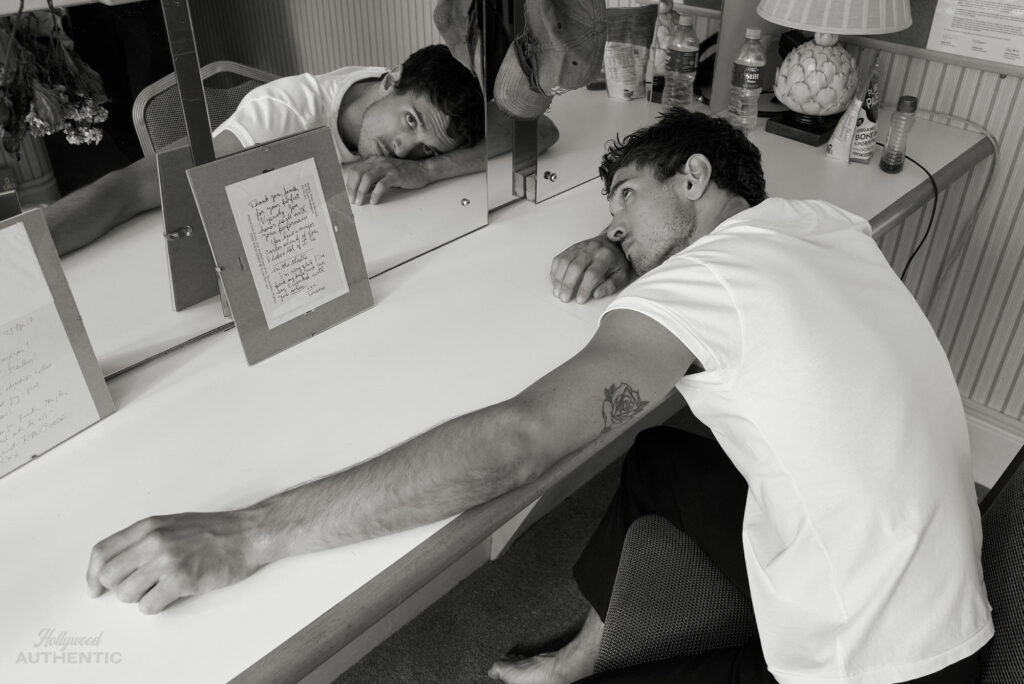
I wouldn’t want to do anything in my day that robs the audience of any bit of energy from my performance. It’s really about conserving the energy and the stamina . And that’s by sleeping, eating well, and exercise – and then saving it all for [the stage]
‘Well, to quote Elaine Stritch via Ethel Merman, you have to live like a fucking nun! The rigour and demand of the play is sometimes so intense that there’s not much life outside of it. But it’s a happy sacrifice. I wouldn’t want to do anything in my day that robs the audience of any bit of energy from my performance. It’s really about conserving the energy and the stamina. And that’s by sleeping, eating well, and exercise – and then saving it all for [the stage]. Then right after curtain, it’s straight home. It’s probably the most difficult job I’ve had in my life.’
The Pennsylvania native’s life is something he doesn’t take for granted. Growing up in working class Allentown in a Syrian/Italian blue-collar family, he reckoned with death at an early age; the literal scar of which can be seen on his chest and in his approach to life. ‘I had open-heart surgery when I was 14 years old. They found four holes in my heart. They said if this would have gone on undiscovered or unnoticed, that I wouldn’t have made it past puberty. Being that close to death, that close to not being actually supposed to be alive, that second chance that I got – that’s what stays with me.’
A kid who grew up singing along to the Rodgers & Hammerstein records his grandma loved and played (The King And I was a favourite and he sometimes still plays the music before going on stage), James can’t recall a time when he wanted to do anything other than act. ‘I think it was just one of the first thoughts I had as a child. My grandmother had the VHSs. I would watch. I just knew I had to memorise it all and perform it all in the living room. I knew that this was going to be my profession and my life.’ His mom’s was across the street from a community theatre and the budding thespian started hanging out and performing as a youngster – grasping at opportunity with both hands. ‘When I wasn’t in school, that was where I was. I wasn’t playing in the streets with the kids. I wasn’t doing any sports. I wasn’t getting into trouble. I was in the back of the theatre. I went to an arts high school that was formed right when I was a freshman. That saved my life. I moved to New York. I went to college, then went to Yale School of Drama for grad school.’ If that sounds like an effortless trajectory – the theatre kid who transitioned to Yale, Broadway and on to TV and film – it wasn’t, he says.
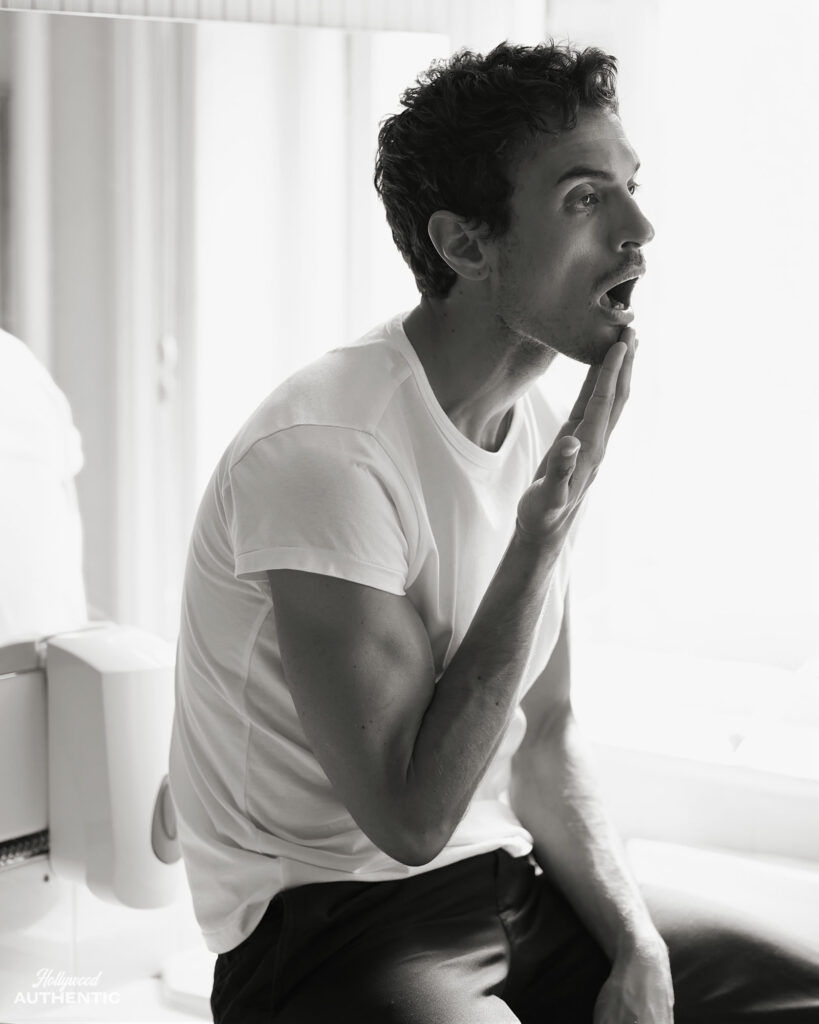
‘I had two figures in my life – my mother and my grandmother – who kept saying, “yes”. And I’m really grateful for them. But I’m also grateful for the people in my life who told me “no”, and there were many of those in my family. Many teachers that didn’t encourage me to continue. That contrast flooded into my experience. Whenever those things happen, it just gives you room to spread your wings and fly. It shows you what you don’t want, and it shows you what you do want. I’m just always grateful for both. I got kicked out of school, I got dropped by agents… it’s all informing me. Everything is a lesson and a gift.’
It was while at Yale that he met Slave Play writer Harris and after Cusati-Moyer debuted on Broadway in Six Degrees Of Separation, the duo worked together on bringing Slave Play to stages. At the same time he also juggled TV and film work, in 2022 starring in both Netflix hit Inventing Anna and DC blockbuster Black Adam. Last year he appeared in Maestro and this year, Tyler Perry’s Sistas. ‘Those opportunities were very different from anything I’ve ever done in my career, since I got out of drama school. I never thought that I would be on the set of a superhero film! It’s what you dream of as a kid. You’ve got to remain open to the jobs that come. My acting teacher used to say it specifically about the craft of acting, but I think it applies to the spiritual practice of the industry: “Hold on tightly, let go lightly.” When you have that job, hold on, but also let go. Have some fun. Enjoy it. It’s play.’
Now that he’s finished with Slave Play and is flying back to NY with ‘British biscuits and tea’ in his bag, James has more world-building to create. Firstly, his immediate surroundings. ‘Listen, like any true New Yorker, I’ve got to find an apartment when I’m back,’ he laughs. ‘That’s almost as difficult a job as this one. So that’s actually the first task.’ Then he needs to find the next project to pour himself into. ‘I have so many dreams and things that I want to do. If I could orchestrate my life and the next job that comes in, I’d say, “Oh, I want to do this hit TV. I want to do this hit movie. I want to go to the Venice Film Festival next year. I have a list of filmmakers I want to work with.” But sometimes you’ve just got to flow where it’s warm. I just want to keep on working. That’s the goal of it all.’
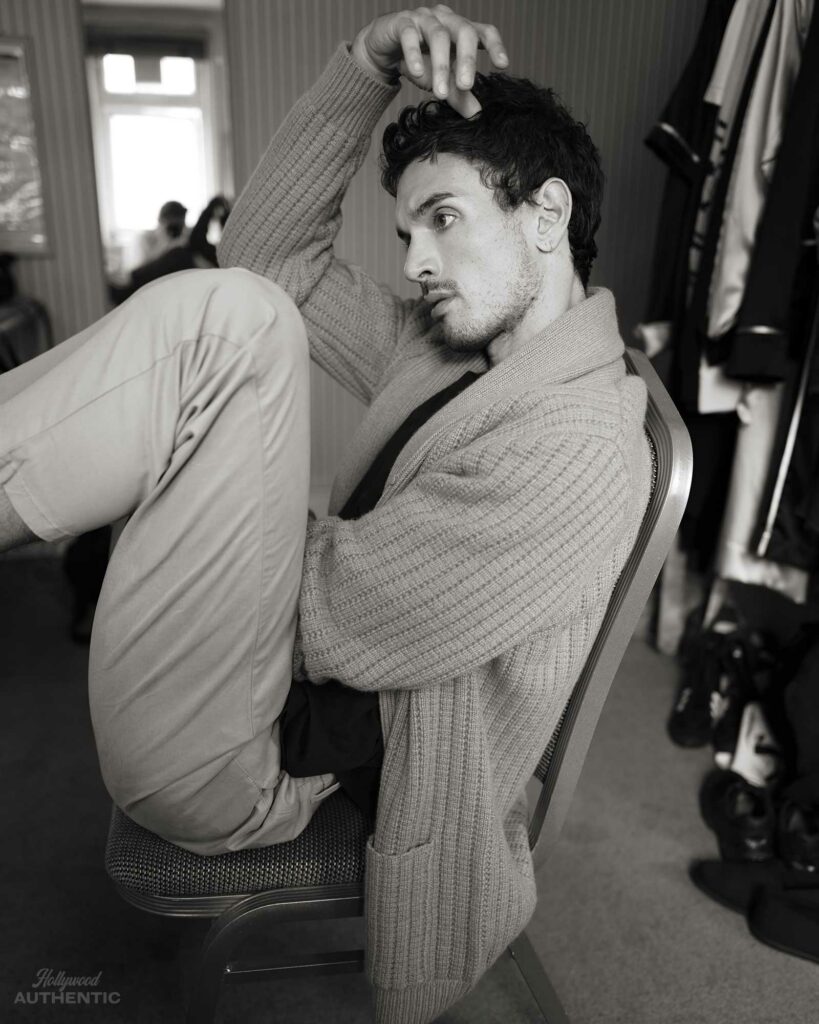
Work is, he says, important to him transactionally as well as artistically. ‘I don’t come from money. I grew up very, very poor. So the ability to be able to pay my bills, pay for my food, pay my rent, and do what I love – that’s happiness. The rest of any glitz and glamour that comes along with this profession sometimes? Fantastic. But if I can keep doing this and pay my bills, I’ll be good.’
His grandmother passed away in the last couple of years but must be very proud that the little boy who stomped around the living room to The King And I is still marching to the beat of his own drum. ‘What a gift she gave me,’ he smiles. ‘And now she’s gone. But she’s not gone. She’s here, and she’s on the stage with me.’ He pauses for a moment. ‘This play has shifted my DNA – I’m forever changed because of it. I’m stronger. I’m wiser. I’m more naïve. At the same time, I have more humility… You know that innocence of a child in a playground where the world is a wonder to them and it’s scary? I think that’s the place that any good work or any play or any good acting performance rests in. It’s that fine line between fear of the unknown and yet simultaneous ecstasy of discovering everything all at once. If I can maintain that feeling that I’ve achieved in this play, with any other job, then I’ll be really happy.’
Photographs and interview by GREG WILLIAMS
As told to JANE CROWTHER
James wears the Hollywood Authentic × N.Peal cashmere collection






